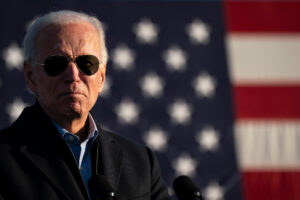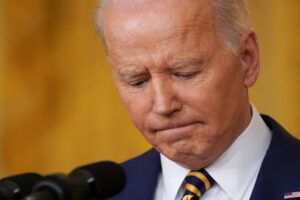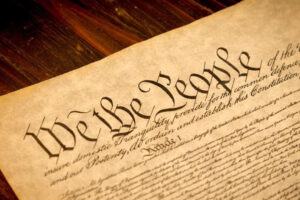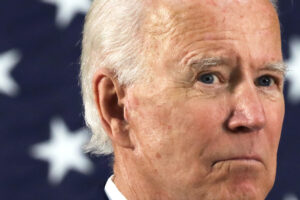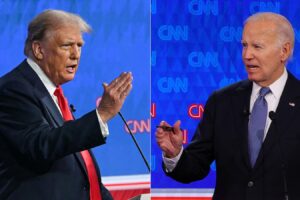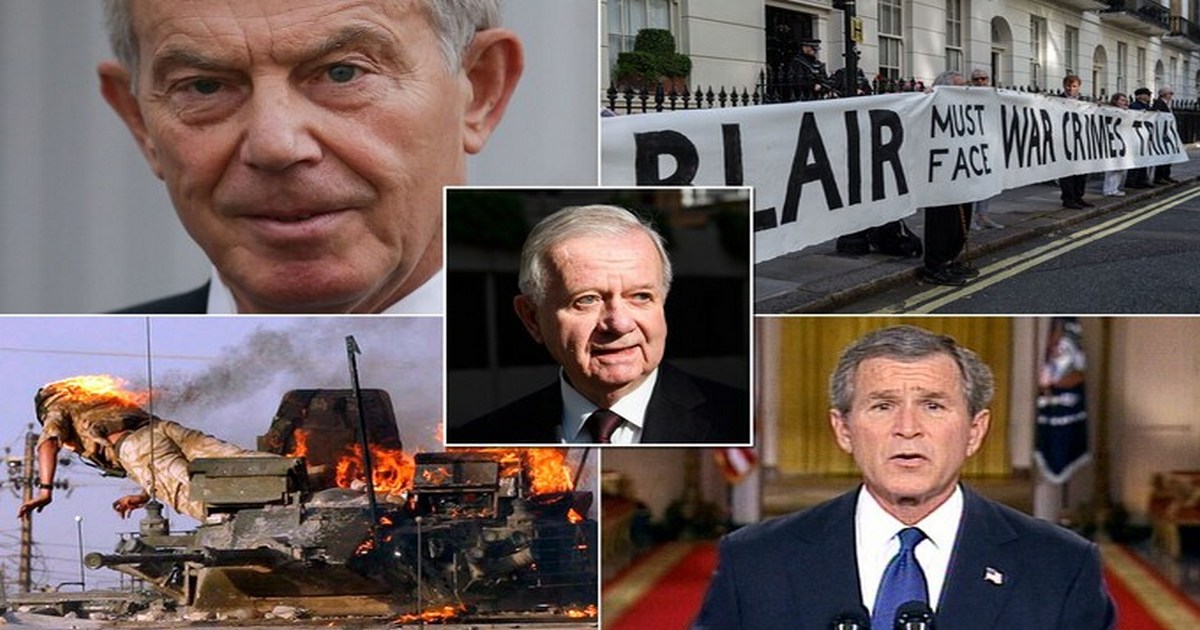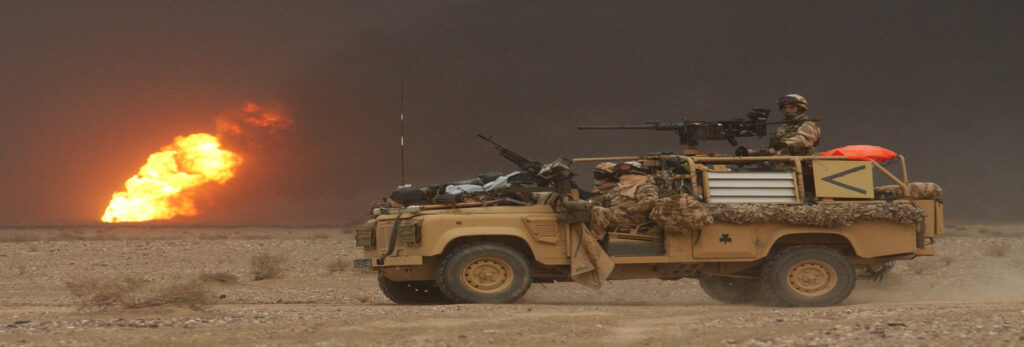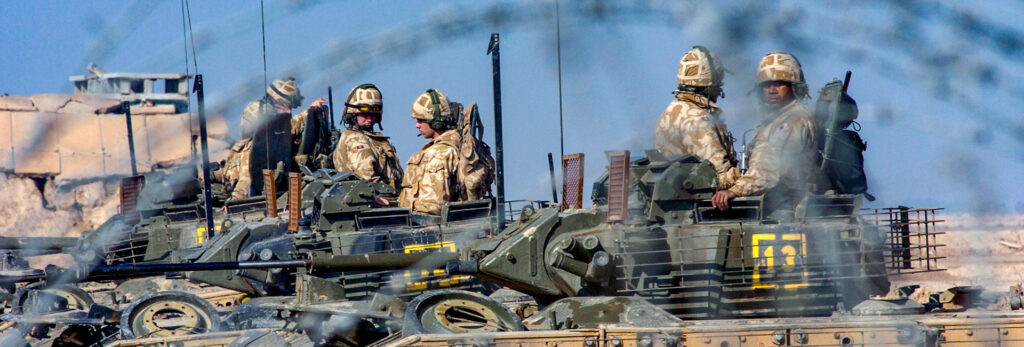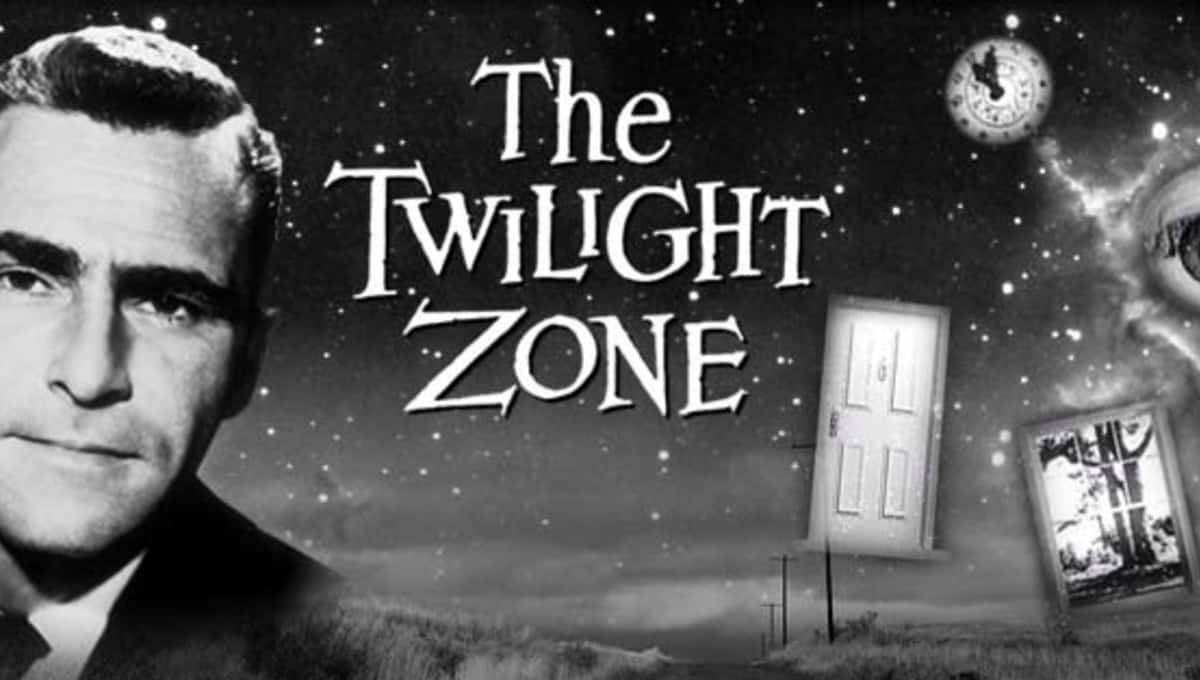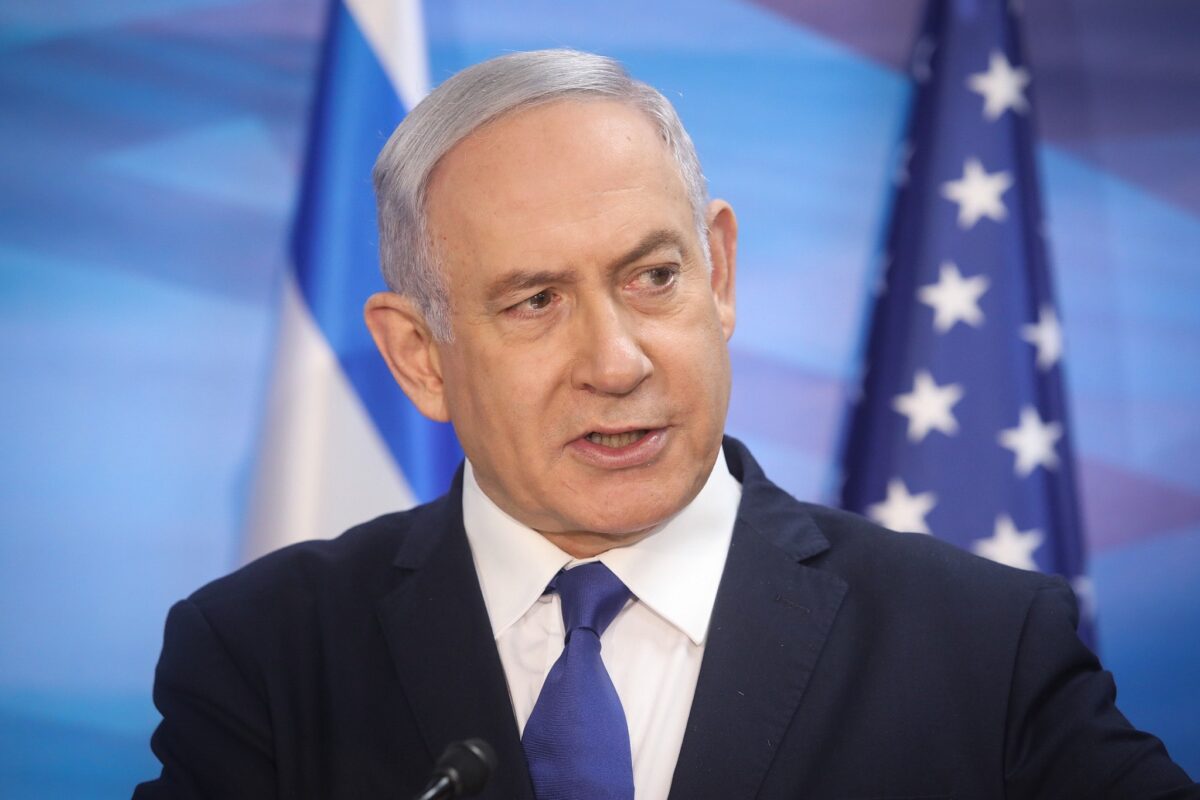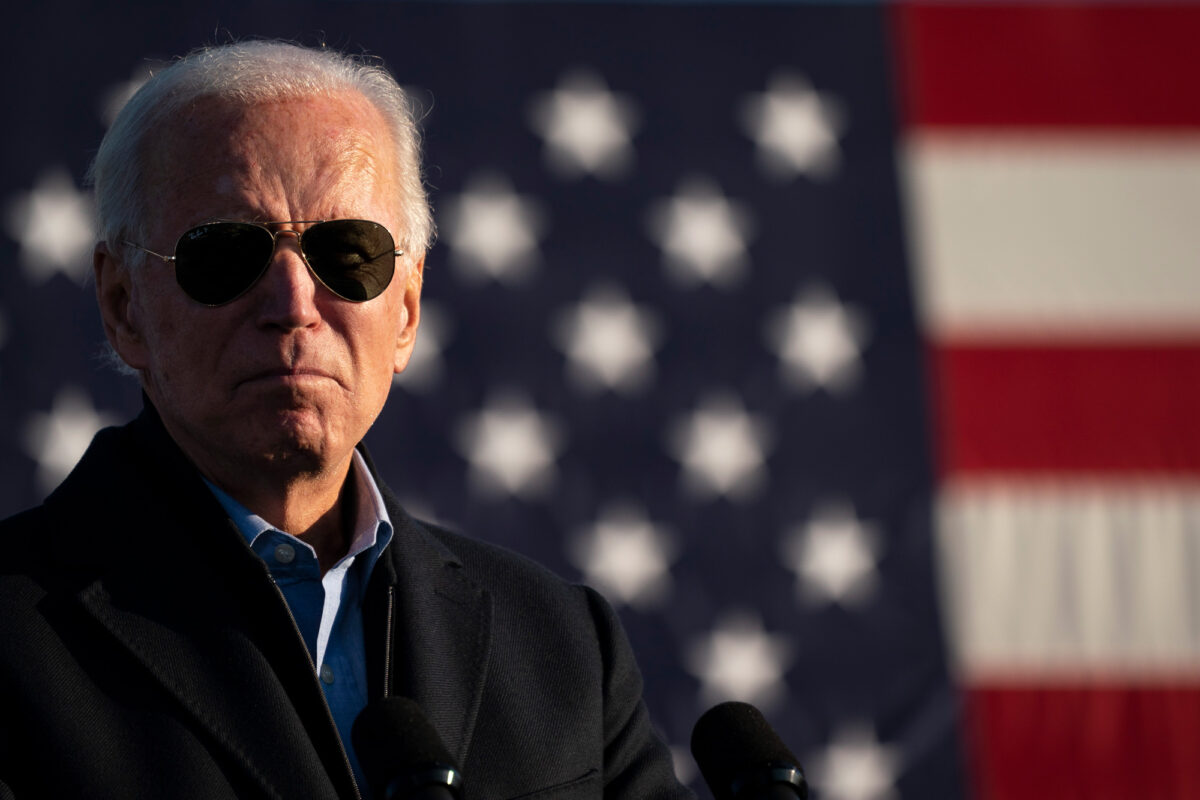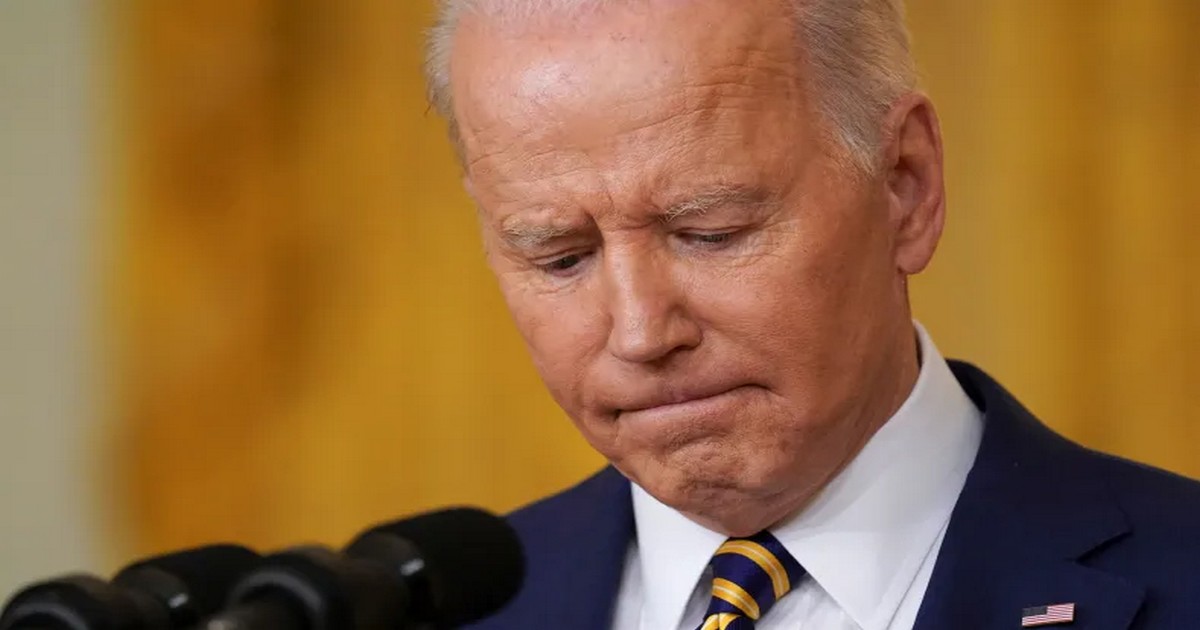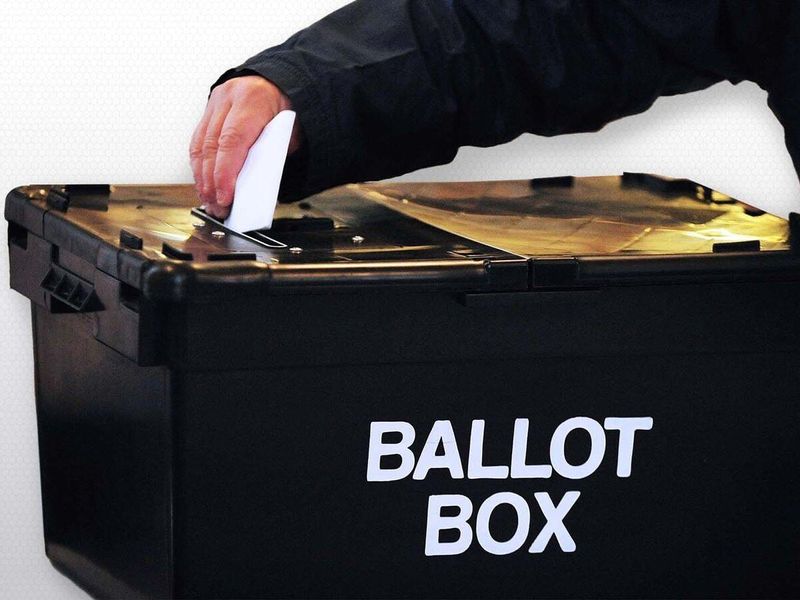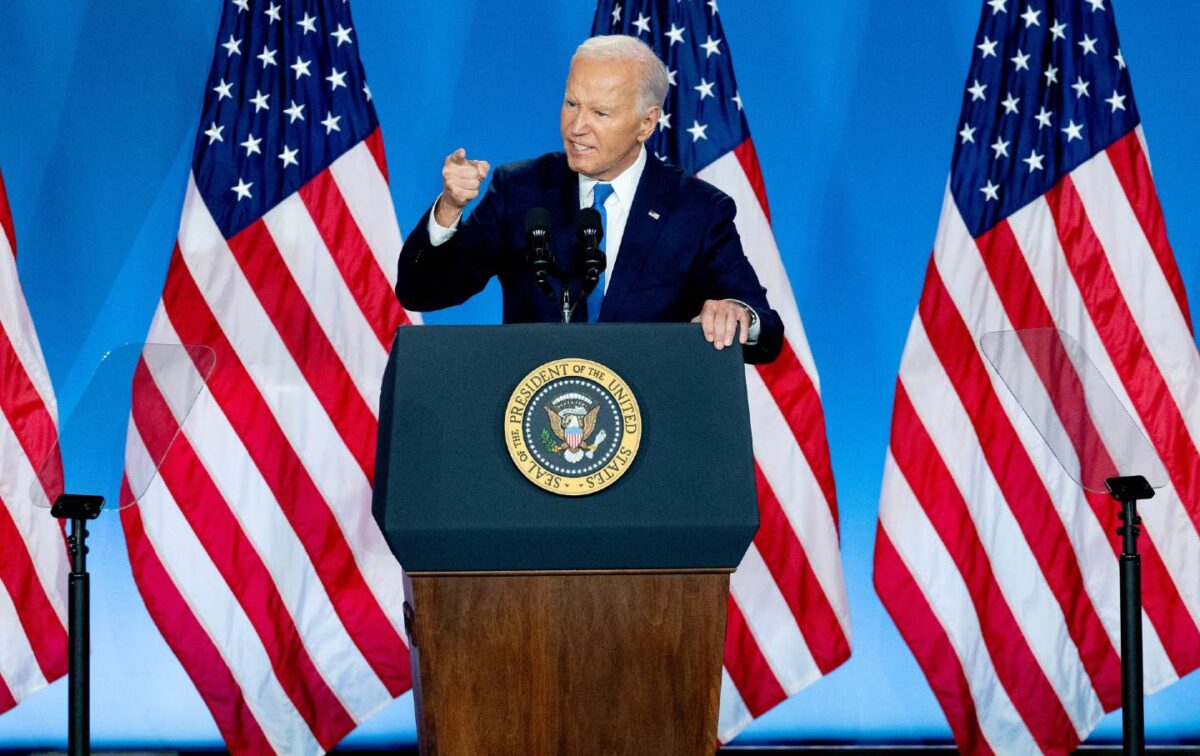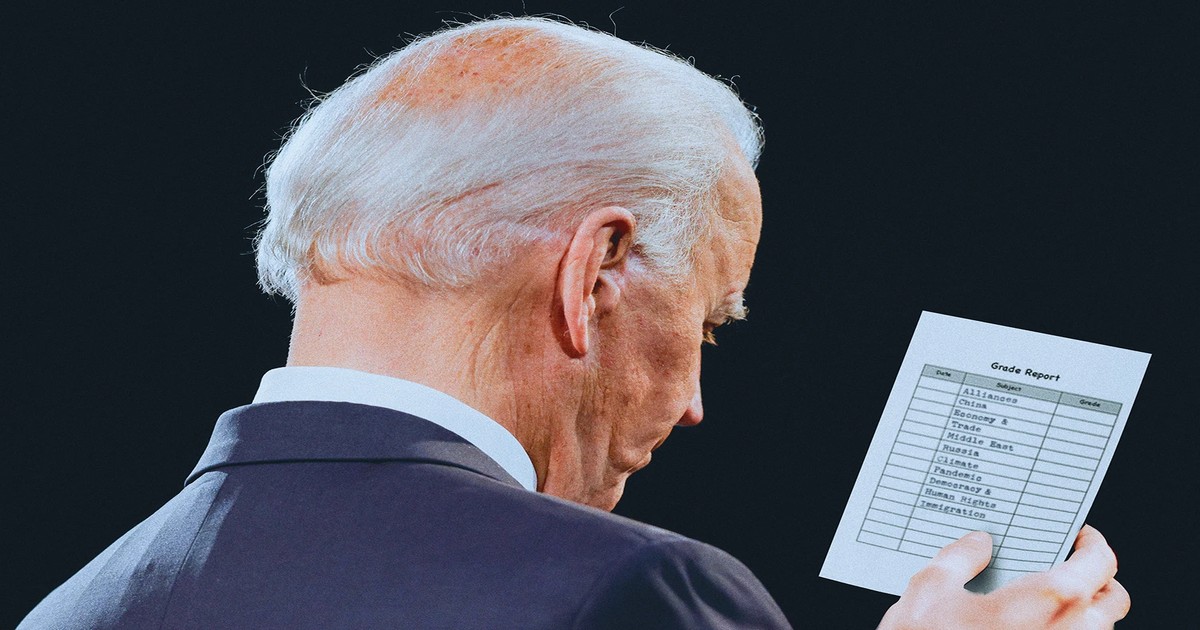Tony Blair, the former Prime Minister of the United Kingdom, has faced significant criticism and controversy surrounding his role in the 2003 invasion of Iraq. One of the main justifications for the invasion was the claim that Iraq possessed weapons of mass destruction (WMDs) and posed a threat to international security. However, these claims were later found to be false, leading to accusations that Blair and his government had misled the public and the international community.
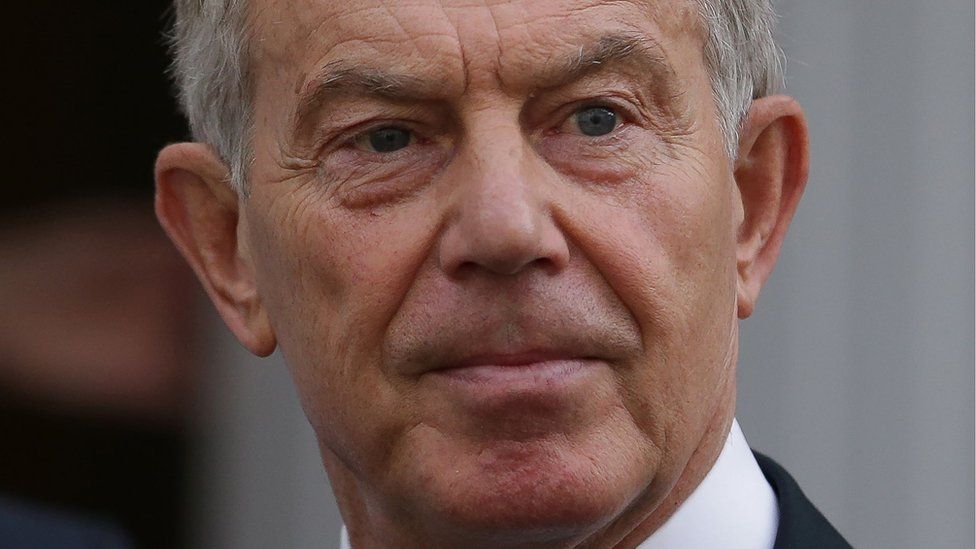
In the lead-up to the invasion, Blair and his government presented a series of intelligence reports and other evidence to support their claims about Iraq’s WMDs. This included allegations that Iraq had attempted to purchase uranium from Niger, which was later proven to be false. Blair also cited other intelligence reports and information from sources such as the Iraqi National Congress, an opposition group, as evidence of Iraq’s possession of WMDs.
However, after the invasion, no WMDs were found in Iraq, leading to widespread accusations that Blair and his government had deliberately misled the public and the international community. The failure to find WMDs in Iraq was a major factor in the decline in support for the war and the subsequent political fallout for Blair and his government.
The controversy surrounding the invasion of Iraq and the lack of WMDs has had far-reaching consequences. It has led to a loss of trust in the government and in the intelligence agencies and has damaged the reputation of the United Kingdom on the international stage. It has also had significant implications for the ongoing conflict and instability in the Middle East.
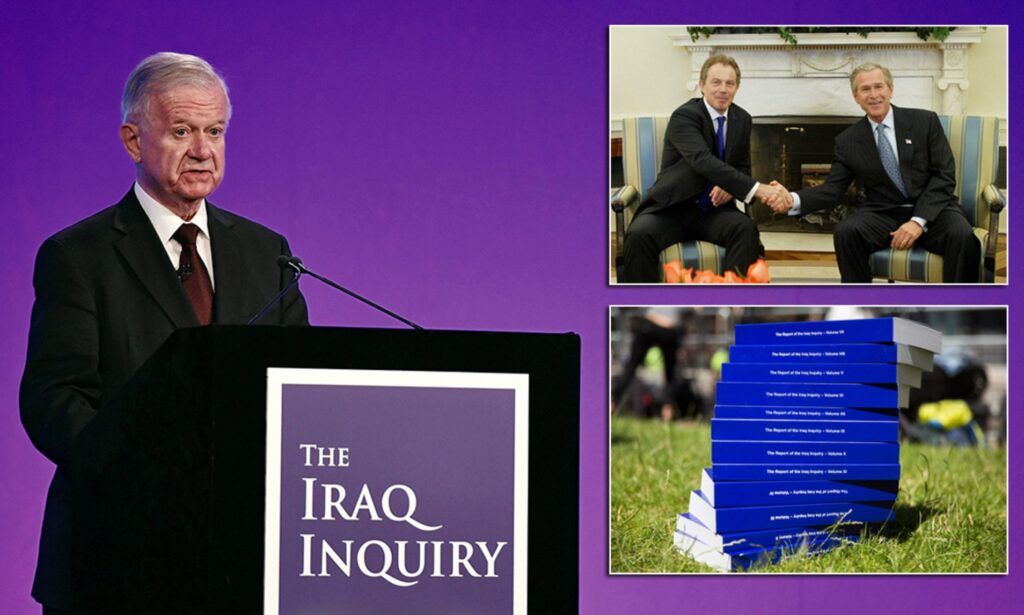
In the years following the invasion, Blair has faced ongoing criticism and calls for accountability for his role in the decision to go to war. In 2016, the Chilcot Inquiry, a British public inquiry into the invasion of Iraq, concluded that the decision to invade was not justified and that the intelligence used to justify the invasion was flawed. While Blair has apologized for mistakes made in the lead-up to the war, he has maintained that he acted in good faith and that he believed at the time that Saddam Hussein posed a threat to international security.
Despite the controversy and criticism surrounding the invasion of Iraq and the lack of WMDs, Blair has continued to be an influential figure in British and international politics. He has been involved in various charitable and philanthropic endeavours, including the Tony Blair Institute for Global Change, which focuses on issues such as conflict resolution, religious extremism, and climate change.
However, Blair’s legacy remains highly controversial and divisive, particularly in light of the consequences of the Iraq war. Many people believe that he and his government bear significant responsibility for the loss of life and the ongoing instability in the region, and that he should be held accountable for his actions.
In recent years, there have been ongoing calls for Blair to be prosecuted for war crimes in connection with the invasion of Iraq. While it is highly unlikely that he will face criminal charges, the controversy surrounding his role in the war is likely to continue to haunt him for years to come.
Overall, the legacy of Tony Blair and the Iraq war is one of complexity and controversy. While he has had some successes and continues to be influential in international affairs, the decision to go to war and the allegations of misleading the public and the international community have had significant and lasting consequences for Blair and for the United Kingdom.
In conclusion, the controversy surrounding the invasion of Iraq and the claims of Iraq’s possession of WMDs has had significant consequences for Tony Blair and for the United Kingdom. It has led to a loss of trust in the government and the intelligence agencies, and has had far-reaching implications for the conflict and instability in the Middle East.
Views: 3





